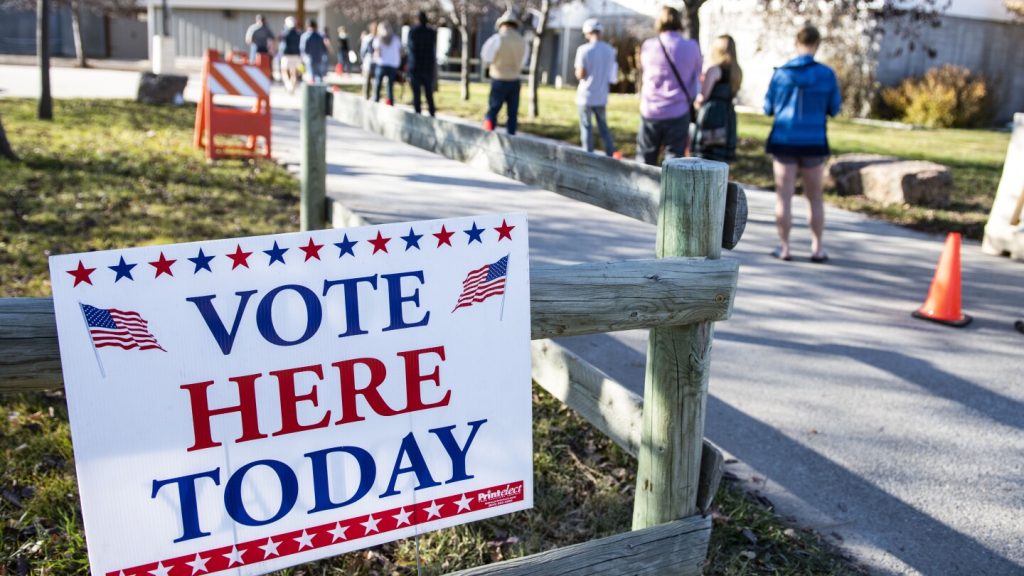Montana voters will have the opportunity to decide in November whether to include the right to an abortion in the state constitution. The initiative, which seeks to protect the right to a pre-viability abortion by a provider of the patient’s choice, comes in response to Republican lawmakers’ efforts to overturn a 1999 Montana Supreme Court ruling. This decision was made particularly relevant after the U.S. Supreme Court overturned Roe v. Wade in 2022, leaving the issue of abortion up to individual states. Planned Parenthood of Montana has been pushing for this initiative to be put before voters, stating that extreme anti-abortion politicians have been trying to restrict abortion rights following the overturning of Roe v. Wade.
Republican lawmakers in Montana passed a law in 2023 that denies the right to privacy as a protection for the right to an abortion. Despite efforts by opponents to keep the initiative off the ballot, the Montana Secretary of State’s Office certified that the measure will be included in the general election. Republican Attorney General Austin Knudsen initially deemed the proposed ballot measure legally insufficient, but this decision was overruled by the Montana Supreme Court. The court ended up writing its own initiative language for signature petitions, and there were reports of attempts to intimidate voters into not signing the petitions.
Supporters of the initiative faced challenges when the Secretary of State’s Office changed the rules to reject the signatures of inactive voters, which had a significant impact on the verification process. However, after going to court and receiving an order for counties to verify the signatures of inactive voters, supporters were able to gather over 81,000 signatures, exceeding the required number. The campaign needed signatures from at least 40 of the 100 state House districts, and the initiative ended up qualifying in 59 districts. This marks a significant step for abortion rights supporters in Montana, who have been fighting against legislative attempts to restrict access to abortion.
Republican lawmakers in Montana have continuously tried to challenge the Montana Supreme Court’s 1999 ruling by passing various bills to restrict abortion access. Despite these efforts, courts have blocked several of these laws, including bans on abortion past 20 weeks of gestation, prescription of medication abortions via telehealth services, and other requirements. Last week, the state Supreme Court ruled that minors in Montana do not need parental permission to receive an abortion, overturning a 2013 law. Montana joins seven other states that have put abortion questions before voters since the overturning of Roe v. Wade, all of which have seen victories for abortion supporters.
In 2022, Montana voters rejected a referendum that would have established criminal charges for health care providers who do not take “all medically appropriate and reasonable actions to preserve the life” of an infant born alive, including after an attempted abortion. Opponents of the referendum argued that it could have negatively impacted parents of infants born with incurable medical issues, as doctors would be forced to attempt treatment in all cases. This decision highlights the ongoing debate surrounding abortion rights and access in Montana, as the state prepares for a crucial vote on the issue in the upcoming November election.


